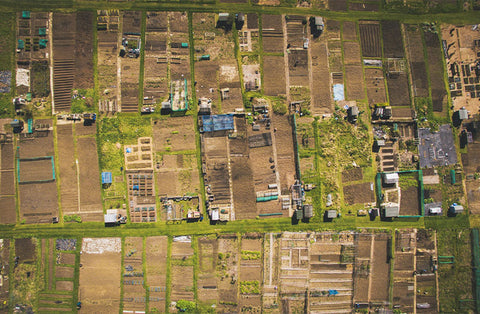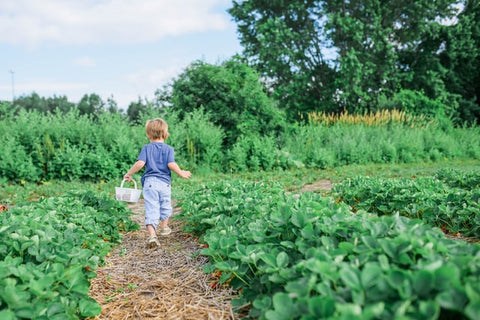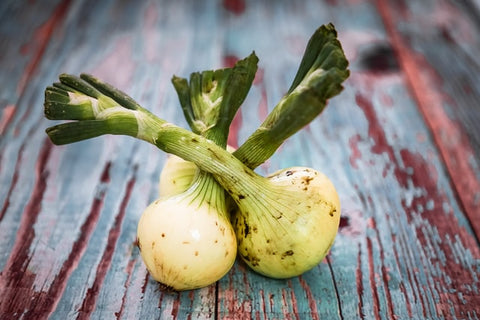How are allotments beneficial?

You might know someone who has been an avid allotment gardener throughout the years, possibly a relative or neighbour. But how have allotments grown in popularity throughout the years and how are they beneficial?
How allotments have evolved over the years
Growing fruit and vegetables on allotments may seem like a new venture, but in reality, it dates back to the Anglo-Saxon era. It has since evolved over the centuries giving allotments their modern roots during the 19th century as a way to give the working poor sufficient growing space.
The 'Small Holdings and Allotment Act' of 1908 gave local authorities the requirement to provide citizens with adequate allotment space. After the first World War land was made sure it was available to everyone, with a focus on aiding those returning from war. In 1925 a new law was passed making sure local councils and authorities could not sell allotment land without Ministerial intervention.

What are the benefits of allotment gardening?
Health & well-being - Recent research by the UK government has shown a direct connection with health and well-being and the environment. Simply put, the more time we spend in nature, the happier we become. A study from the Netherlands has shown even a small increase in the time you spend in nature could add years to your life and could also improve your mental health.
A sense of community - Renting space on an allotment or volunteering your time there can help grow your connection with your community and to those within it. Many often find they make new friends and meet neighbours they've never been introduced to before through allotment gardening, not to mention the pride they receive from taking part in the communal activity.
Eco-friendly produce grown locally - Growing your own produce is incredibly rewarding but also great for the environment, especially when grown organically. It helps build the ecology within your community, providing bees and other native bugs and wildlife a space to thrive while helping to pollinate your vegetables and fruits. It also can reduce your carbon footprint, by purchasing less produce from the grocery store, that might have traveled hundreds of miles to get to your table.

The future of allotment gardening
With a growing demand for allotments in many communities, councils are doing their best to meet the demand with many increasing their number of allotment spaces.
Growing fruit and vegetables on an allotment has shown steady growth in popularity. Whether it is because of a desire to become healthier or wanting to become more connected to nature and one's community. Either way, allotment gardening is a great way to help fight climate change and create a positive change in your community.
